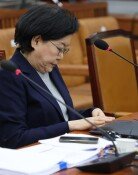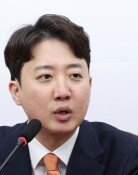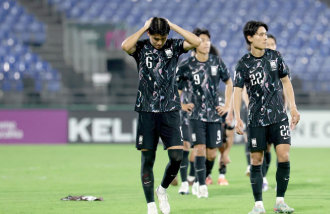PPP faces criticism over nomination system
PPP faces criticism over nomination system
Posted February. 22, 2024 08:01,
Updated February. 22, 2024 08:01

The People Power Party nomination committee began notifying incumbent lawmakers identified as the “low 10%” in the performance evaluation of current legislators of their ineligibility to run for office on Wednesday. Seven incumbent lawmakers representing constituencies have been identified as falling within the bottom 10% across four localities. Nevertheless, the ruling party clarified that even those classified in the low 10% bracket would not face disqualification from nominations if they opt to change constituencies and willingly run in more challenging electoral districts.
When questioned about whether an individual falling within the bottom 10% is exempt from disqualification if they change constituencies at the request of the party, Jang Dong-hyuk, Secretary-General of the People Power Party, clarified that individuals who have already relocated constituencies are not subject to the performance evaluation. This suggests that the number of incumbent legislators subject to disqualification from nominations may be fewer than the initially identified seven. A representative from an opposition party criticized the PPP’s nomination system, pointing out its inconsistency of emphasizing, on one hand, the need for a more systematic nomination process, while on the other hand, relocating incumbent lawmakers subject to disqualification to other constituencies. As of today, with the nomination system finalized in 164 out of 253 constituencies nationwide, no current lawmaker has been disqualified from the nomination process.
The ruling party intends to conduct primaries in 61 constituencies, emphasizing the potential for a substantial turnover of current lawmakers with newer, fresher candidates. However, criticism is directed towards the party leadership for seemingly evading responsibility through what some perceive as superficial primaries. This criticism stems from the observation that primaries are typically favorable to incumbent lawmakers. Additionally, the strategy is being questioned as not strategically advantageous, with concerns about deploying party-recruited talents to electoral districts where opposition Democratic Party lawmakers currently hold office.
Na-Ri Shin journari@donga.com





![[속보]김경 시의원 사퇴…“강선우에 1억 제 불찰, 상응한 처벌 받겠다”](https://dimg.donga.com/c/138/175/90/1/wps/NEWS/IMAGE/2026/01/26/133232166.2.jpg)

